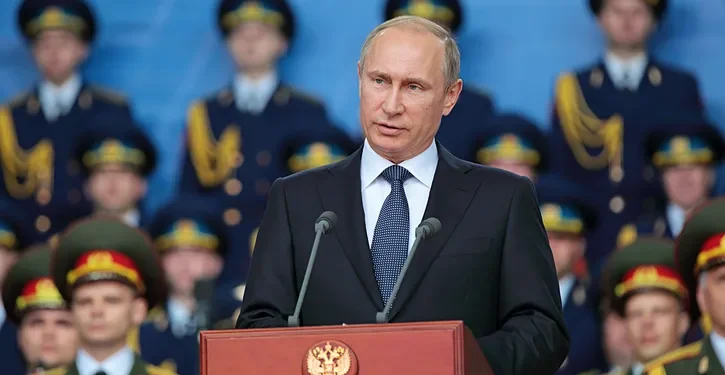In March 2004, Vladimir Putin secured his reelection as President of Russia, marking a significant milestone in the nation’s political landscape. His victory, with an overwhelming majority of the vote, underscored both his popularity and the consolidation of power within the Kremlin. The election took place against a backdrop of economic stability and Putin’s assertive leadership style, which resonated with many Russians.
One of the key factors contributing to Putin’s victory was the state of the Russian economy. During his first term, Putin implemented policies aimed at stabilizing the economy and restoring confidence in the government. Under his leadership, Russia experienced robust economic growth, driven primarily by high oil prices and prudent fiscal management. This economic prosperity bolstered Putin’s image as a capable leader who could deliver tangible results for the Russian people.
Furthermore, Putin’s strongman persona and assertive foreign policy stance played a crucial role in shaping public perception. He projected an image of strength and stability, particularly in the face of domestic challenges and external pressures. Putin’s handling of the Chechen conflict and his assertive posture on the international stage, including the war in Iraq and the expansion of Russian influence in former Soviet republics, resonated with many Russians who yearned for a return to national pride and prominence.
However, Putin’s reelection also raised concerns about the state of democracy in Russia. Critics pointed to the lack of genuine political competition and the erosion of civil liberties under Putin’s rule. The media landscape became increasingly controlled by the state, limiting freedom of expression and stifling dissenting voices. Additionally, there were allegations of electoral irregularities and manipulation to ensure Putin’s victory, further undermining the credibility of the electoral process.
Despite these criticisms, Putin’s reelection solidified his grip on power and paved the way for a continued concentration of authority in the Kremlin. His dominance of Russian politics would endure for years to come, as he continued to wield influence both as President and later as Prime Minister. Putin’s reelection in 2004 marked a turning point in Russian politics, signaling the consolidation of power and the emergence of a new era of governance under his leadership.
In conclusion, Vladimir Putin’s reelection in 2004 was a significant event in Russian history, reflecting both the nation’s economic prosperity and the consolidation of power under his leadership. While his victory was met with widespread support from many Russians, it also raised concerns about the state of democracy and political freedoms in the country. Putin’s reelection set the stage for his continued dominance of Russian politics and the consolidation of authority within the Kremlin for years to come.
newshub – with help from ChatGPT and info not later than January 2022



Recent Comments